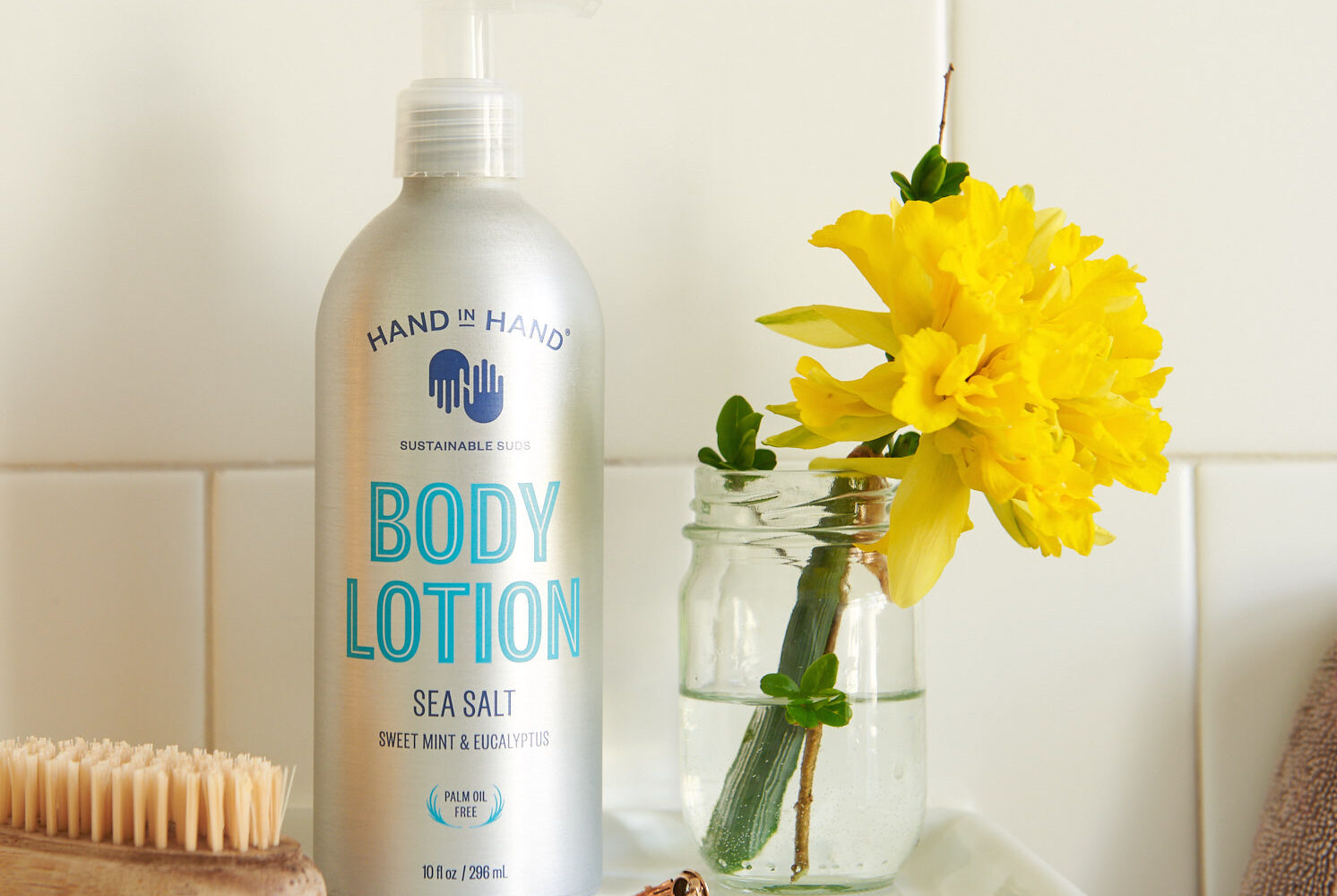
Unilever Veteran Joins Hand In Hand As CEO, Looks To Lift Brand Awareness
Hand in Hand has a new leader at the helm to direct its path forward.
Piyush Jain, a 23-year veteran of Unilever who was most recently global brand VP of haircare for the United States at the conglomerate, where he managed a portfolio worth more than $2 billion in retail sales and grew the incubated brand Love Beauty & Planet to surpass $100 million in sales, has joined the clean personal care brand as CEO. His hire comes shortly after Bain Capital Double Impact secured a majority stake in Hand in Hand, which was started by husband-and-wife Bill Glaab and Courtney Apple in 2011. Glaab previously served as CEO.
“It’s a super exciting time for the brand. The world is ready for natural and sustainable brands, and I think Hand in Hand is in a good position to capitalize on that,” says Jain, adding, “Natural plus sustainable is what is driving growth in personal care. Hand in Hand is 98% natural. That is what today’s consumer is demanding, and that’s why there’s multiple brands playing here. I think the winners will be brands that are authentic and do what they say.”
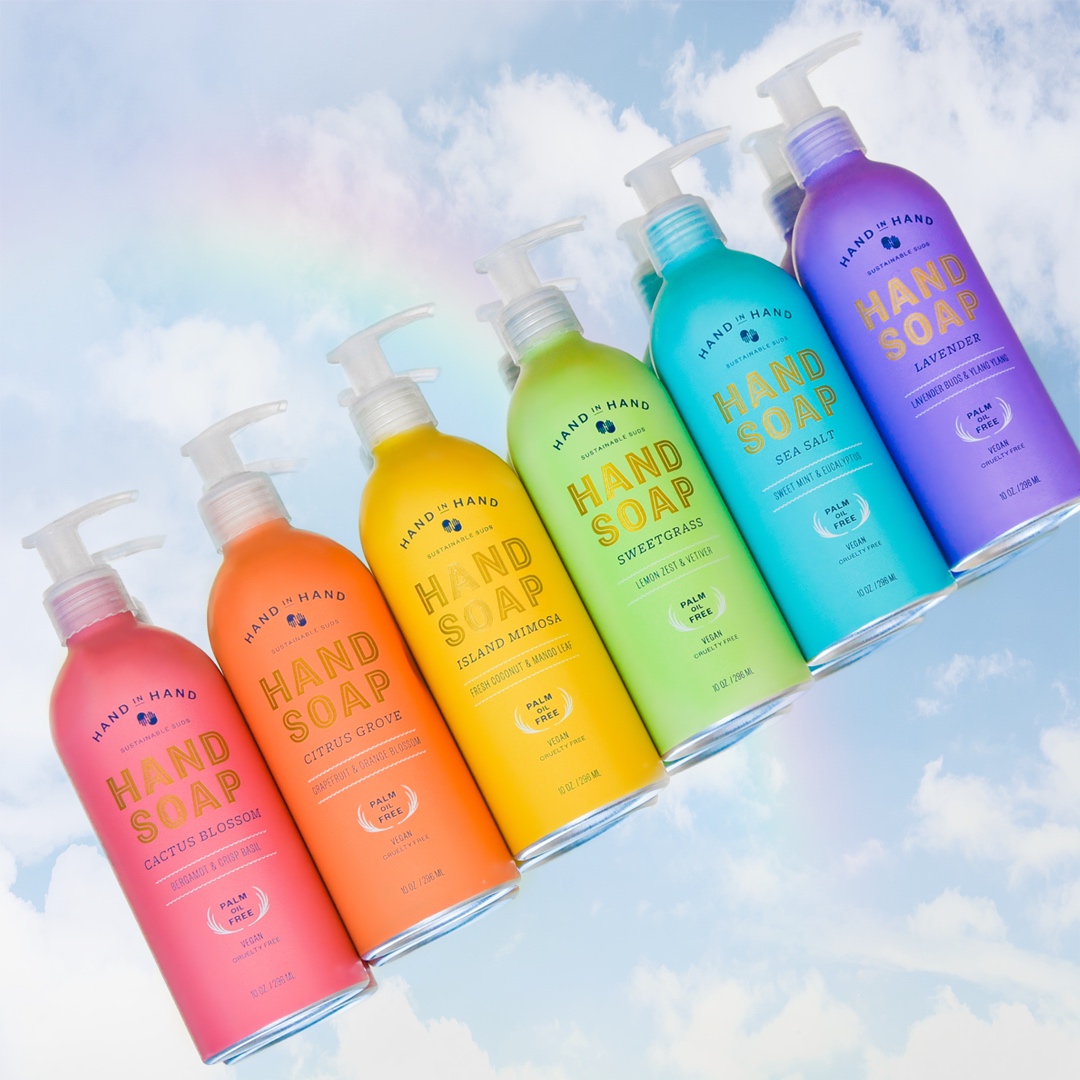
With personal hygiene a matter of staving off grave health consequences, the pandemic increased the reach of Hand in Hand’s hand soaps and sanitizers. The brand’s sales multiplied at least 10X last year and, as of this year, it’s given away in excess of 13 million bars of soaps. Hand in Hand donates a bar of soap for every soap purchased along with clean water to children in need. Its goal is to hang on to the customers it acquired at the height of the pandemic in the U.S. and continue to build its customer base.
“Consumers are washing their hands more frequently now than they did in 2019. There will be long-term growth, if you look over a two- to three-year horizon,” says Jain, figuring the personal hygiene segment is taking a short-term hit with the pandemic easing in the U.S. “Because Hand in Hand did a good job of being available for consumers during the pandemic, more consumers know us today than 18 months back, which gives us the opportunity to expand into new categories—we’ve gone into body wash and body lotion—and it gives us confidence that the brand has a lot of consumer love.” The brand’s product assortment spans about 30 items priced mainly from $3.97 to $9.99.
At the moment, Jain suggests Hand in Hand has plenty of runway to deepen its personal care merchandise penetration. He points out it can deepen its penetration within its retail network as well. Upon the news breaking of Bain Capital Double Impact’s deal for Hand in Hand in April this year, Hand in Hand reported it was stocked in roughly 15,000 stores, including at Target, Walmart, Whole Foods, Wegmans, CVS and Fresh Thyme.
“Consumers today believe that businesses can be force for good and that matches my personal value system.”
One of the biggest challenges Jain faces as he picks up the reigns at Hand in Hand is lifting recognition of the brand. It’s recently begun amplifying its digital and retail marketing efforts with spots focused on the theme “Soap is Power” to communicate its mission beyond selling products. Jain says, “If we can get more consumers aware of the brand and not only the products we make, which are fantastic, but also about the depth of the story of the brand, it will automatically lead to a lot of growth.”
Many of the product attributes contemporary consumers are gravitating to—cruelty-free, vegan and sustainable—have been mainstays of Hand in Hand. On top of those attributes, the brand has been a pioneer in incorporating fair-trade ingredients, avoiding petrochemicals and palm oil, an ingredient associated with deforestation and threats to the habitat of endangered species, and moving away from plastic. Hand in Hand was the first mass-market personal care brand to put liquid hand soap in aluminum packaging.
Keeping Hand and Hand at the forefront of sustainability is a priority for Jain. In the market as a whole, he mentions he’s watching innovations to create recyclable pumps, reduce packaging footprints and lessen the environmental impact of ingredients. Jain says, “As I come on board, that’s an area I’m going to drive, to think about how solutions tomorrow are more sustainable than our solutions today. I am very happy with where we are today, but I think there is much more to be done.”
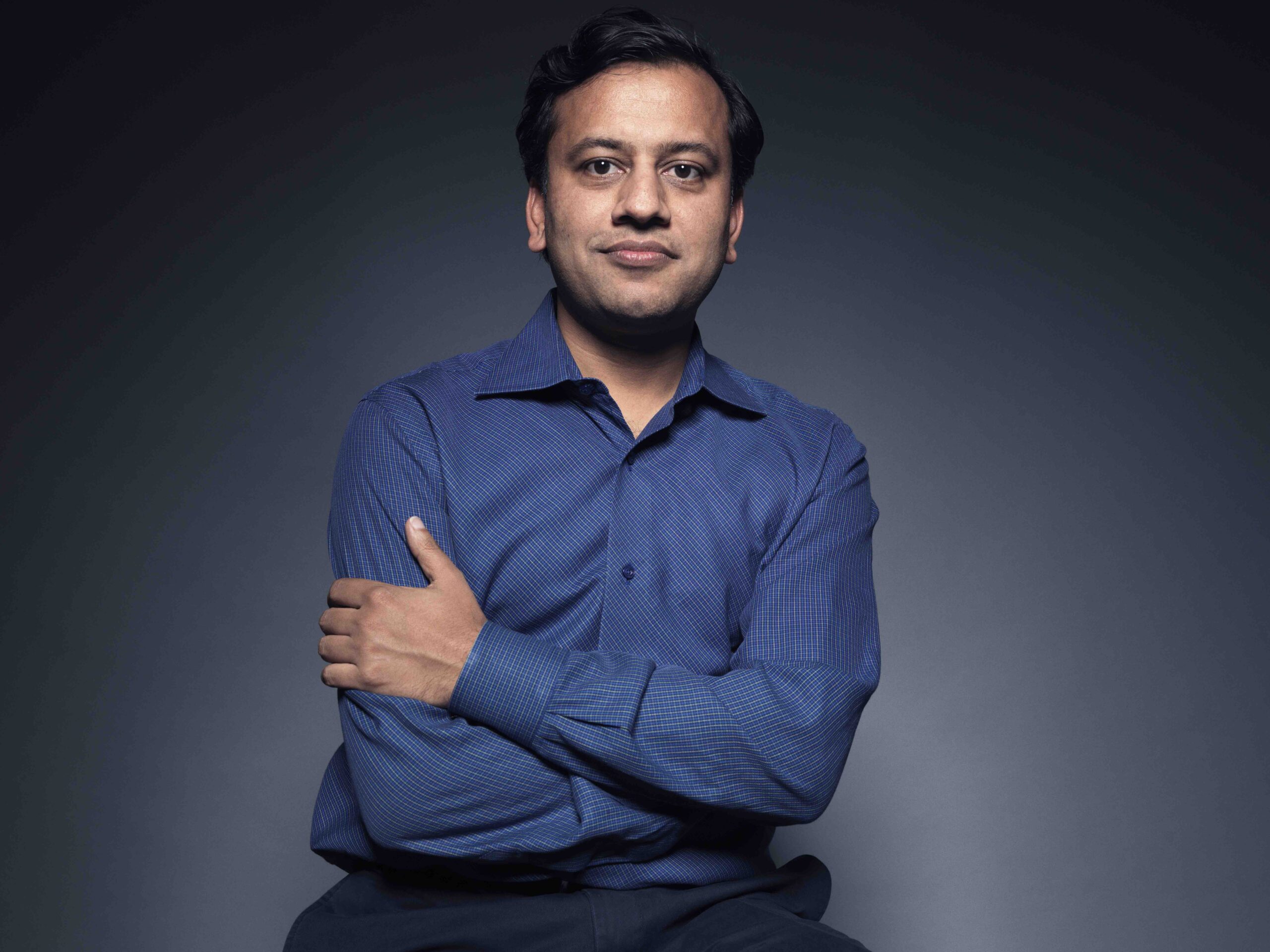
He elaborates, “I think consumers today believe that businesses can be force for good and that matches my personal value system. Particularly younger consumers, but consumers in general are making active choices to buy brands that that they believe can make the world a better place. I see more and more brands being purpose-driven and brands that are greenwashing being called out. Brands that truly benefit the environment, people and communities will stand out.”
As Jain seeks to help Hand in Hand realize its purpose and potential, a milestone from his past career could be important experience. That milestone was steering Unilever’s 2017 acquisition of Sundial Brands, a suite of beauty and personal care brands backed by Bain Capital since 2015. Sundial Brands was estimated to generate $200 million in revenues when Unilever bought it. Hand in Hand isn’t closing in on that turnover yet, but Jain sounds optimistic it will someday. Speaking of Hand in Hand’s soap give-back program, he says, “I am looking forward to that 13 million becoming 100 million in the near future.”
In the present, Jain is familiarizing himself with Hand in Hand’s team of 16 employees all working remotely. He’s already met with each employee via Zoom. “It’s on us as leaders to see how remote can work to our advantage knowing that it will be harder to read facial expressions on a Zoom call than it is in a conference room,” says Jain. “I’m trying to make the best of it.”

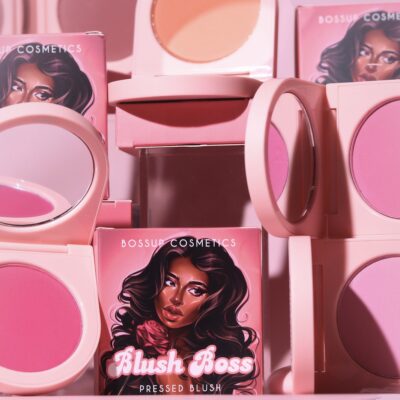
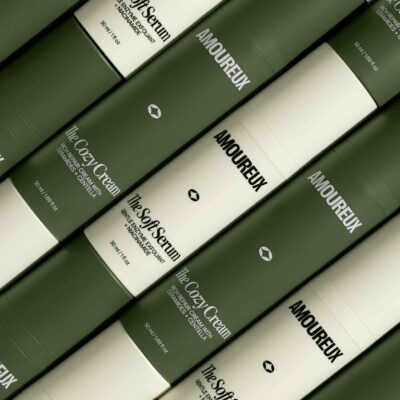
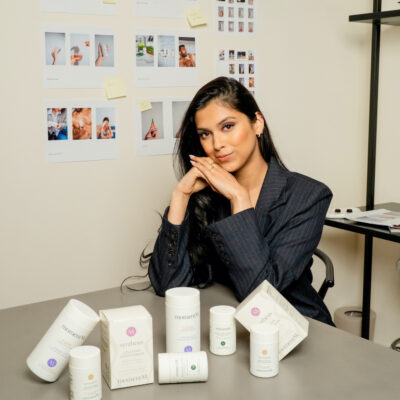
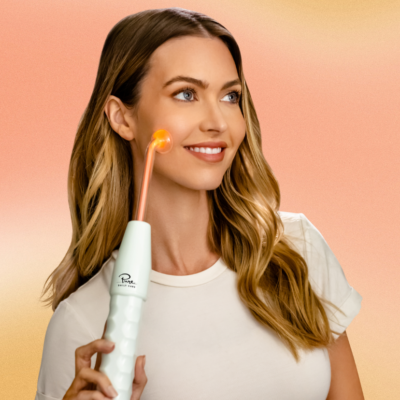
Leave a Reply
You must be logged in to post a comment.